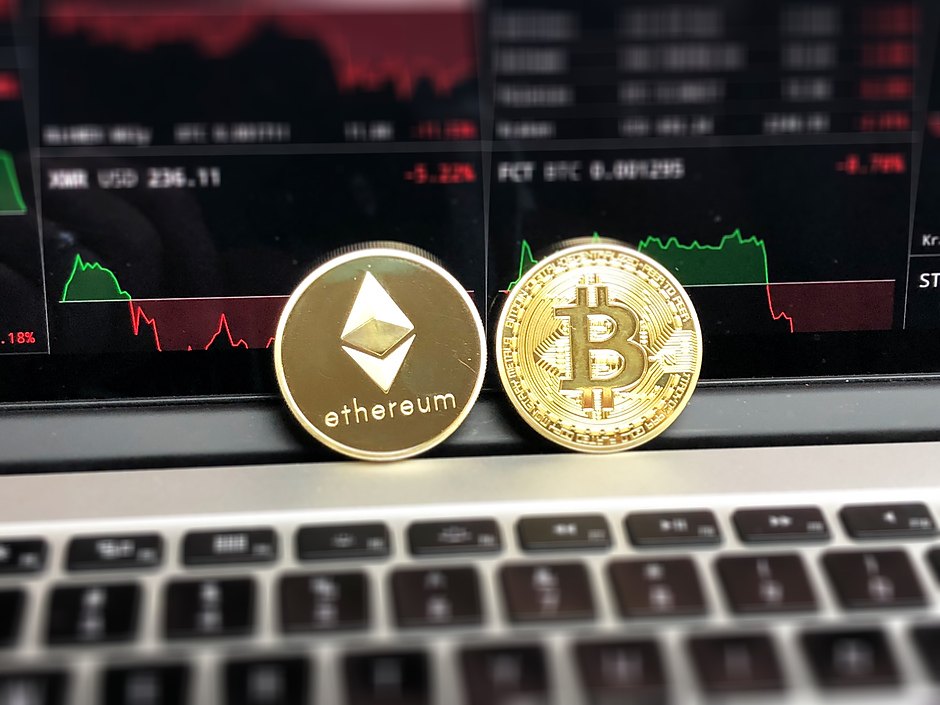Vitalik thinks token-based decentralized governance is holding DeFi back

Ethereum co-founder Vitalik Buterin has taken a deep dive into token-based decentralized governance, suggesting that existing voting mechanisms are flawed and may be holding the DeFi sector back from realizing its full potential.
In a lengthy blog post published Aug. 16, Buterin stated the crypto community needs to "move beyond coin voting as it exists in its present form.”
Currently, the majority of decentralized finance (DeFi) projects manage their protocol upgrades, reward issuance, and other facets of governance elections where votes are distributed among token holders according to the size of their holdings.
However, many projects have come under fire for allowing their voting process to be dominated by whales holding vast swathes of the governance tokens, allowing them to vote in support of their personal interests.
Buterin highlighted two issues relating to token-based governance, emphasizing the risk of incentives misaligning among community members, and its vulnerability to “vote-buying” and “outright attacks” influencing the outcome of governance votes. He added:
“The most important thing that can be done today is moving away from the idea that coin voting is the only legitimate form of governance decentralization.”
Buterin noted the prevalence of "unbundling," whereby “vote-buying” can be achieved and governance systems can be manipulated by borrowing on crypto collateral and using the tokenized assets to vote.
In the context of unbundling, “the borrower has governance power without economic interest, and the lender has economic interest without governance power,” he added.
Looking beyond token-based governance, Buterin advocated the exploration of “Proof-of-Humanity”-based governance systems where one vote is allocated per each of a protocol’s users.
Buterin also offered “Proof-of-Participation” as a possible solution, where voting is limited to the users of a protocol that have contributed work to the benefit of a project or its community, suggesting voting rights could be exclusively distributed to addresses that complete a specific task.
Ethereum’s co-founder also suggested quadratic voting — where the power of a single voter is proportional to the square root of the economic resources that they commit to a decision — could offer unique solutions to decentralized governance.
He also suggests a “skin in the game” approach that makes individual voters responsible for their decisions, stating:
“Coin voting fails because while voters are collectively accountable for their decisions (if everyone votes for a terrible decision, everyone's coins drop to zero), each voter is not individually accountable.”
Author

Cointelegraph Team
Cointelegraph
We are privileged enough to work with the best and brightest in Bitcoin.





